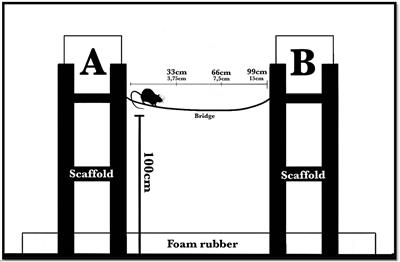EDITORIAL
Published on 09 May 2022
Editorial: Behavioral Addictions, Risk-Taking, and Impulsive Choice
doi 10.3389/fnbeh.2022.924030
- 1,744 views
- 1 citation
7,763
Total downloads
37k
Total views and downloads
You will be redirected to our submission process.
EDITORIAL
Published on 09 May 2022
ORIGINAL RESEARCH
Published on 28 Apr 2022
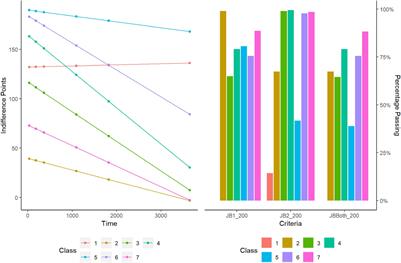
ORIGINAL RESEARCH
Published on 25 Apr 2022
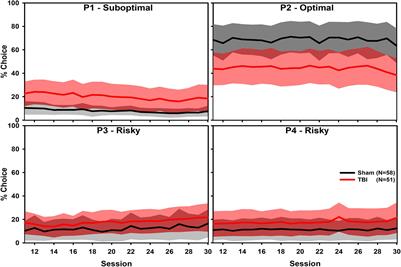
BRIEF RESEARCH REPORT
Published on 16 Feb 2022
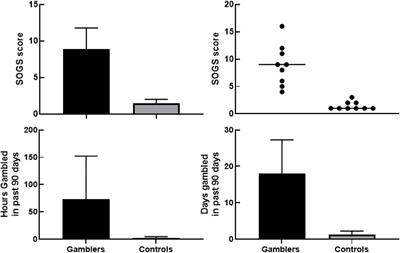
SYSTEMATIC REVIEW
Published on 10 Feb 2022
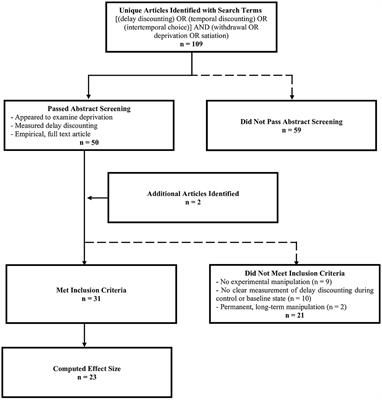
ORIGINAL RESEARCH
Published on 24 Jan 2022
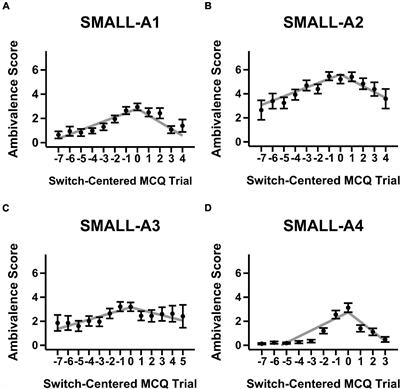
ORIGINAL RESEARCH
Published on 13 Jan 2022
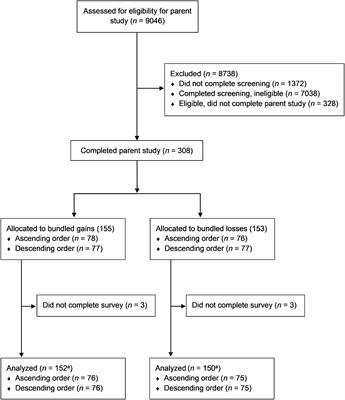
ORIGINAL RESEARCH
Published on 02 Dec 2021

SYSTEMATIC REVIEW
Published on 26 Nov 2021
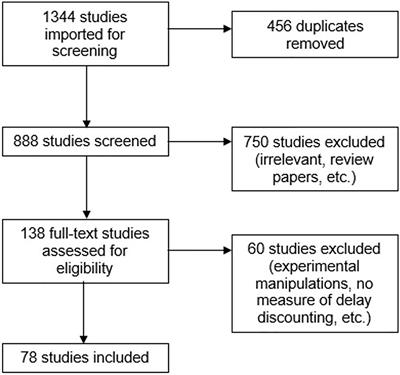
ORIGINAL RESEARCH
Published on 28 Apr 2021
